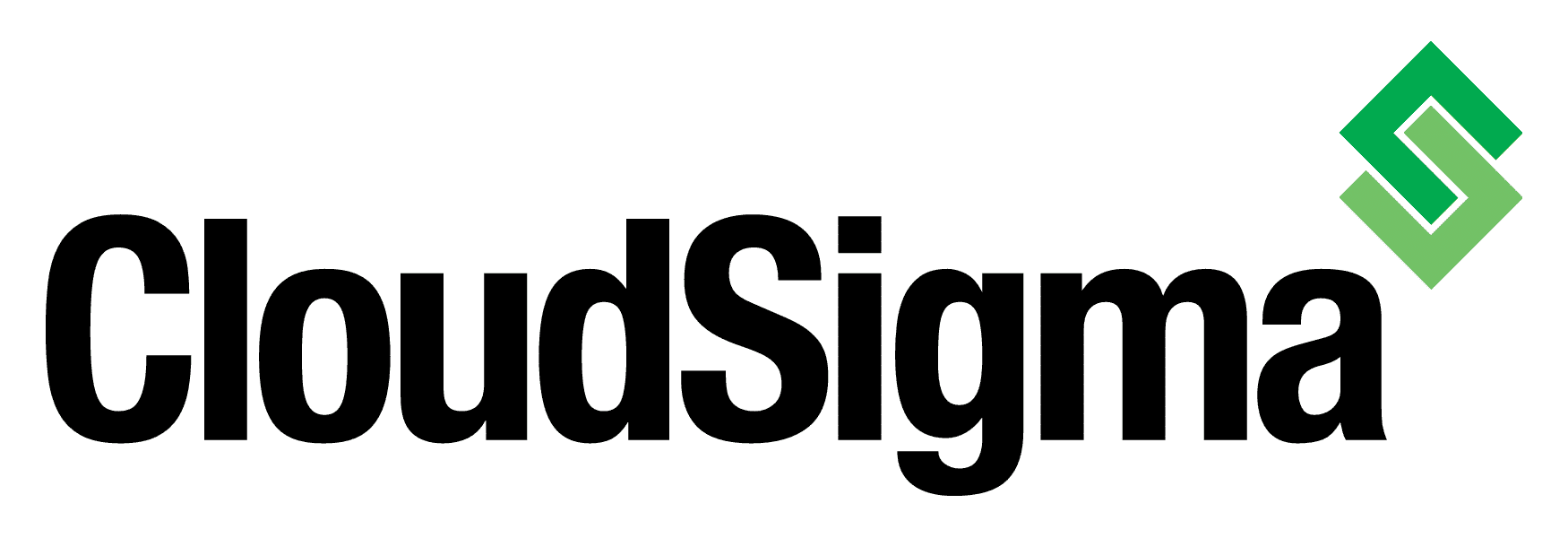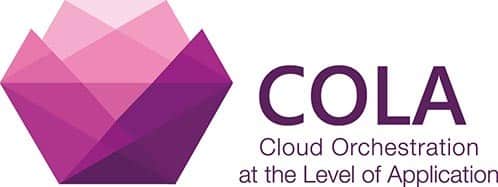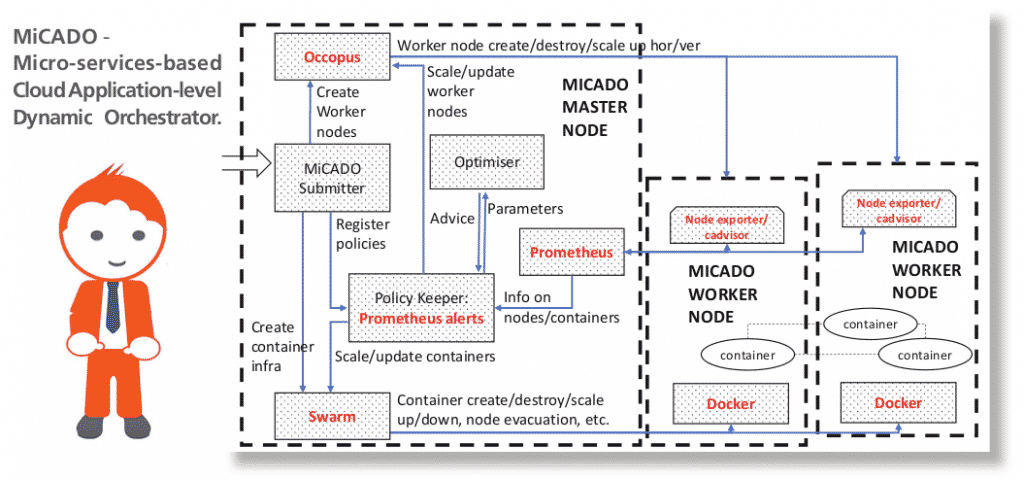The COLA project is an Innovation Action funded by the European Commission as part of the Horizon2020 Programme. The project started in January 2017 and will conclude in June 2019. The consortium includes 10 industry partners (including CloudSigma) and 4 research organisations from 6 European countries. The coordinator of the COLA project is Dr. Tamas Kiss, from the University of Westminster (UK).
The main objective of the COLA project is to develop MiCADO (Microservices-based Cloud Application-level Dynamic Orchestrator). A generic pluggable framework that ensures optimal and secure deployment, and run-time orchestration of cloud applications.
The challenge
Everyone knows that cloud computing can result in significant savings due to more efficient resource utilization. Not only that, but also reduction – if not complete elimination – of large financial investments, and ongoing operational costs associated with on-premise computing infrastructure. However, while research and advisory firms such as Gartner and IDC continue to forecast positive growth in this area, general concerns about application-level flexibility and data security – whether perceived or real – are still the main inhibitors of cloud adoption. Most applications require resource scalability and efficient resource utilization in order to serve a variable number of users with dynamic resource demands, and to suitably optimize resource consumption and costs.
The proposed solution
The COLA project will utilise container-based technologies, open-source cloud orchestration solutions and monitoring tools, to prototype, test, demonstrate and pilot a pluggable cloud service optimisation framework called MiCADO (Microservices-based Cloud Application-level Dynamic Orchestrator) that will help application developers to take advantage of the scalable, elastic and dynamic nature of cloud infrastructure resources from application code. COLA will demonstrate the applicability and impact of the solution via large-scale near operational level SME and public sector pilots and demonstrators, and will also define a clear pathway how we will deliver this innovation to the market.
|
MiCADO orchestrator services The MiCADO services provide dynamic and automated resource scalability on clouds for a wide range of applications. MiCADO can connect to multiple clouds (e.g. CloudSigma, EC2) or generic cloud access layers (e.g. CloudBroker platform) via a set of well defined standardised interfaces that can be easily embedded into application control code without changing the original application logic. Data consistency, data protection, trustworthiness and access control are handled securely when sharing and migrating applications within single or multiple cloud platforms. |
So what does it mean for our customers?
CloudSigma has already developed support for Canonical’s CloudInit technology and OpenStack HEAT. Аs well as support for a wide variety of third party cloud API’s, middleware and orchestration engines. This includes jclouds, libcloud, fog.io, ansible, abiquo and commercial offerings such as Flexiant Concerto.
The MiCADO framework and application deployment pattern repository will provide a set of tools and application-centric deployment templates that will support the migration of legacy applications to the cloud with minimal development overhead.
By incorporating the MiCADO framework, CloudSigma will have the ability to offer efficient infrastructure consumption, ease of migration, load balancing, scaling and high availability. While CloudSigma already offers VM-level orchestration support (as outlined above), the COLA project concentrates on containerization of single-function applications into microservices. Containers offer significant benefits over traditional VM deployments. Fom near-instant provisioning times allowing efficient scaling and load balancing, to easy container distribution and migration. However, migration from legacy applications to federated container ecosystem still faces many barriers.
Sadly, few best practice deployment patterns are available to application developers today. And there is no industry standard for container orchestration and federation. Such barriers discourage application developers from investing resources into the containerization of their services. Moreover, the use of IaaS auto-scaling for meeting container demand currently supports one solution – OpenShift . This can drive OpenStack via HEAT templates. Only public cloud providers can exclusively use it. Or only they are offering such specific technologies and in effect locks application developers into using one cloud provider. Cloud brokerage in the context of federated container deployment is an innovation of the COLA project. This technology is sorely necessary in the IaaS industry and will streamline federated container placement across cloud providers.
- Cloudification of Production Engineering for Predictive Digital Manufacturing - April 2, 2018
- OCCOPUS – a Powerful Interface for Orchestrating Infrastructure in the Cloud - January 4, 2018
- Improving Data-intensive Applications by Moving Data and Computation into Mixed Cloud/Fog Environments - November 15, 2017
- Cloud Orchestration at the Level of Application - November 10, 2017




